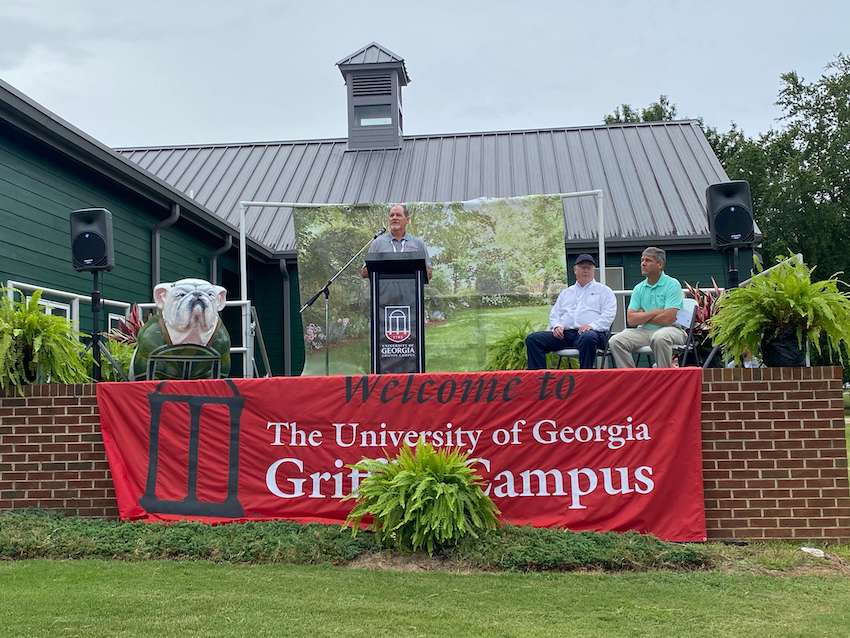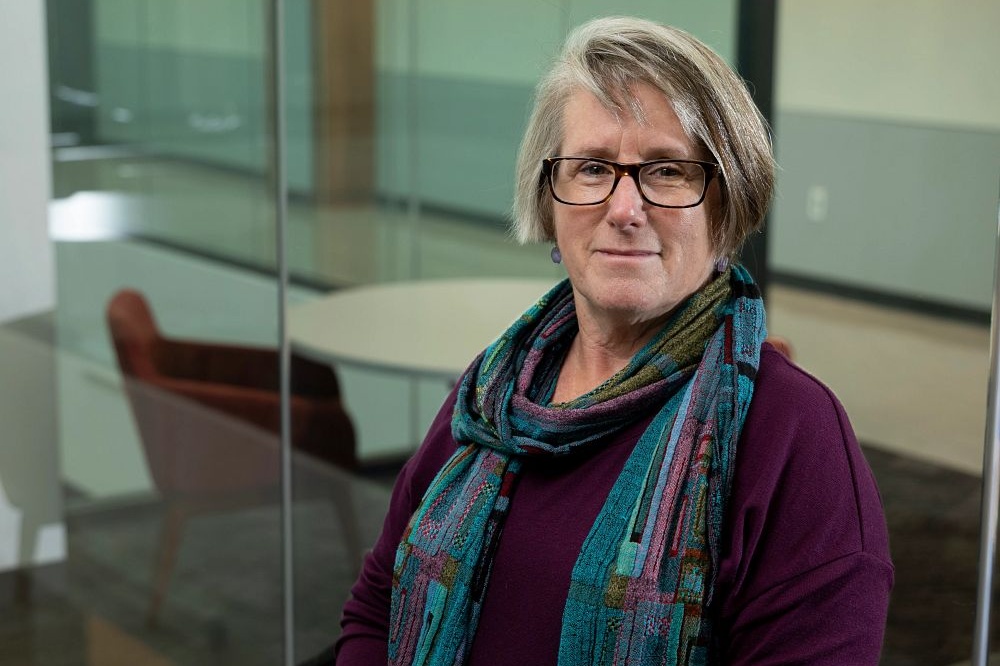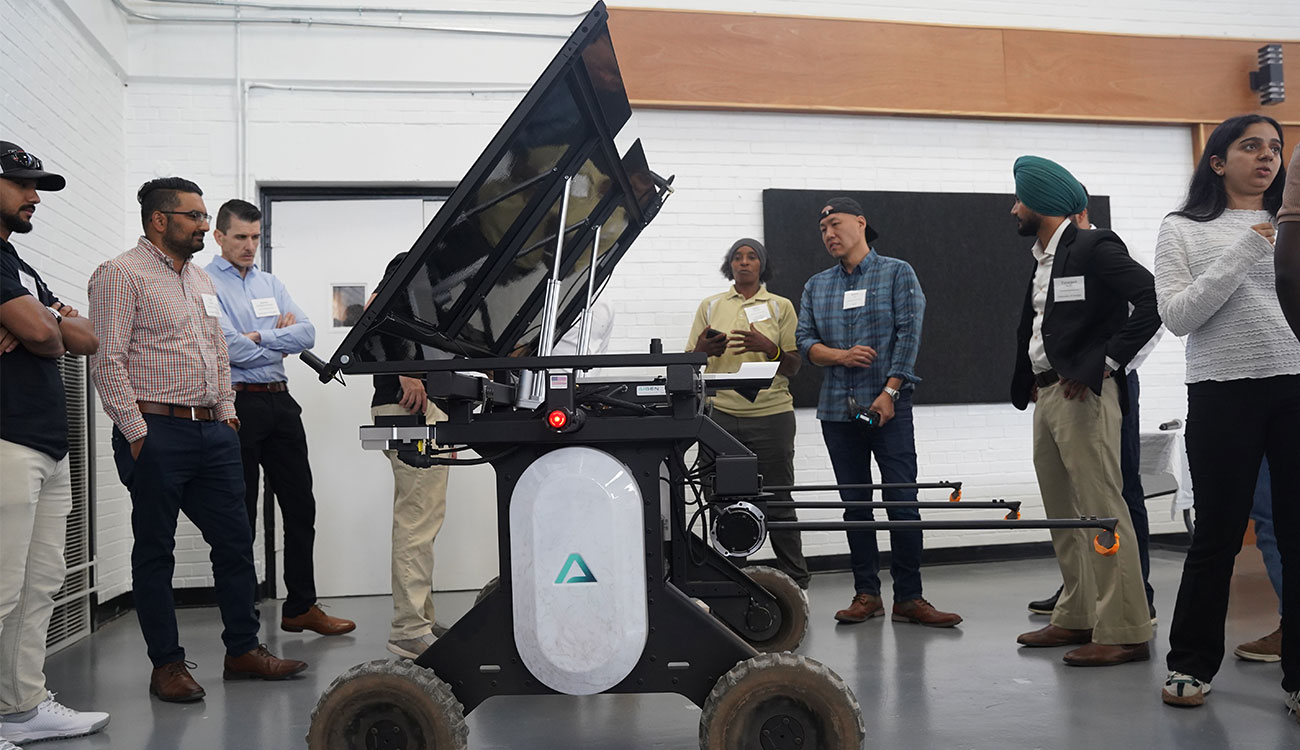
The University of Georgia Turfgrass Team welcomed approximately 700 people — including turf industry professionals, golf course superintendents and local homeowners — to the UGA Griffin campus for the 2022 Turfgrass Research Field Day earlier this month. Attendees learned about a variety of turf-related issues from UGA Cooperative Extension specialists and other UGA researchers during the Aug. 3 event.
The day began with opening remarks from David Buntin, interim assistant provost and campus director for UGA-Griffin; Doug Hollberg, Griffin mayor; and Clint Waltz, UGA Extension turfgrass specialist and professor of crop and soil sciences.
Waltz, who serves as the director of Turfgrass Field Day, was thrilled to bring the event back to the turfgrass industry and the state of Georgia after the event was canceled in 2020 due to the COVID-19 pandemic. The event is usually held every two years at UGA-Griffin.
“The day went great,” said Waltz. “Attendees were happy, vendors were happy, the interaction and enthusiasm were infectious. It seemed like Georgia’s turfgrass industry was excited to be around each other again. I’ve heard nothing but good things about the day.”
Those in attendance spent the morning visiting 10 different sites on the guided research tour, during which tour groups heard presentations on water requirements for turfgrasses with improved drought performance, turf disease management, fall armyworm and rhodesgrass mealybug research, the role of pollinators in centipedegrass, fall herbicide programs for annual bluegrass control in Bermudagrass, and computer vision-based weed mapping from UGA researchers and their teams.
Attendees were able to interact directly with researchers and ask follow-up questions after the presentations.
During the afternoon session, attendees viewed displays and demonstrations of the latest turfgrass industry equipment before participating in a self-guided research tour.
Tour stops were set up around campus focusing on graduate student research, sustainable management of dollar spot, weed control and new turfgrass herbicides, the future of golf course putting-green grasses, water efficiency improvements in warm-season turfgrasses, turfgrass response to shaded conditions, diagnosing turfgrass diseases, and Extension programs in urban agriculture.
Continuing education units (CEUs) for pesticide recertification were available for pest control professionals attending from Georgia, Alabama, Florida, North Carolina, South Carolina and Tennessee.
Research-based field days are an ideal way for researchers to share their knowledge and expertise with industry members and the public, said Waltz, adding that the event is important to the turfgrass industry and many others throughout the state of Georgia.
“The UGA Turfgrass Research Field Day is an opportunity for a wide array of people, from industry practitioners to homeowners, to see the scope of research that UGA scientists are involved in,” he added. “It is our opportunity to interact with industry professionals, stimulating new ideas for research or teaching new management practices, that help them be better turfgrass managers. If done right, everyone benefits from Turfgrass Research Field Day.”
The next Turfgrass Research Field Day will be held at UGA-Griffin in 2024.






